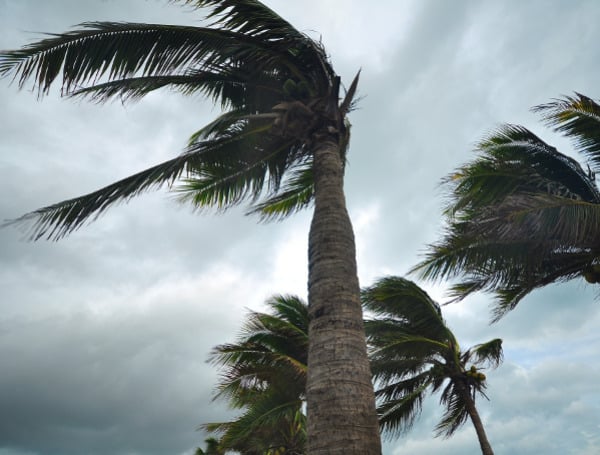Florida’s coastal communities have long faced the threat of devastating hurricanes, with the state’s vulnerable shorelines and low-lying areas bearing the brunt of these powerful storms.
In recent years, a troubling development has emerged – the U.S. Army Corps of Engineers (USACE) has adopted a flawed interpretation of a key law, undermining critical hurricane risk reduction projects across the Sunshine State.
Recognizing the gravity of this issue, Senator Marco Rubio (R-FL) and a bipartisan coalition of his Florida colleagues have taken action, urging Congress to intervene and safeguard the state’s vital infrastructure and the lives of its residents.
For years, the USACE worked closely with local project sponsors in Florida to construct storm surge-resistant shoreline features, guided by mutually agreed-upon project construction agreements. These collaborative efforts were aimed at bolstering the state’s defenses against the devastating impacts of hurricanes.
However, several years ago, the USACE unilaterally altered the terms of this arrangement, imposing unfair and burdensome perpetual easement requirements on local project sponsors. This unexpected policy shift has brought many critical hurricane risk reduction projects to a grinding halt, leaving coastal communities increasingly vulnerable to the ravages of powerful storms.
According to Rubio, the USACE’s flawed interpretation of the law has had far-reaching consequences for Florida’s coastal infrastructure and the communities it protects. Many hurricane risk reduction projects have been left in a state of disrepair, as local project sponsors struggle to navigate the new, onerous requirements imposed by the USACE.
This neglect has led to progressing erosion and heightened storm surge risk, jeopardizing the safety and well-being of the millions of Floridians who reside in and visit the state’s coastal regions. The potential for catastrophic damage to public infrastructure, homes, businesses, and even human lives has become a pressing concern for state and local officials.
Read: Florida Sen. Rubio, Georgia Sen. Warnock Intro Bill Championing Fatherhood For Healthy Families
In a letter addressed to the Chairmen and Ranking Members of the Senate Committee on Environment and Public Works and the House Committee on Transportation and Infrastructure, Rubio and his colleagues have called for the inclusion of a legislative solution in the upcoming Water Resources Development Act (WRDA) of 2024.
“Our provision will protect public infrastructure and the lives and livelihoods of Americans residing in and visiting Florida, which the USACE has arbitrarily and callously placed under unacceptable risk in contravention of their mission,” said the lawmakers.
The key elements of the legislative solution championed by Rubio and his Florida colleagues include:
- Codifying Existing Project Construction Agreements: The proposed provision would codify the existing project construction agreements between the USACE and local project sponsors, ensuring that the agency upholds its commitments to nourish and maintain these vital shore projects.
- Directing the USACE to Accommodate Local Sponsors: The legislation would direct the USACE to accommodate the commitments made to local project sponsors in the existing project construction agreements, providing the certainty and stability required to maintain and enhance Florida’s hurricane risk reduction infrastructure.
- Protecting Public Infrastructure and Lives: By addressing the USACE’s flawed policy interpretation, the proposed solution aims to safeguard public infrastructure and the lives and livelihoods of Floridians residing in and visiting the state’s coastal regions.
Rubio’s efforts to address this critical issue have garnered bipartisan support from his Florida colleagues, underscoring the non-partisan nature of this endeavor. The letter was signed by a diverse group of representatives, including both Republicans and Democrats, reflecting the shared commitment to protecting Florida’s coastal communities.
As the Water Resources Development Act of 2024 takes shape, the inclusion of Rubio’s legislative solution will be a crucial step in empowering the USACE to fulfill its mission of safeguarding the nation’s infrastructure and the well-being of its citizens. The stakes are high, and the future of Florida’s coastal resilience hangs in the balance.
Help support the Tampa Free Press by making any small donation by clicking here.
Android Users, Click To Download The Tampa Free Press App And Never Miss A Story. Follow Us On Facebook and Twitter. Sign up for our free newsletter.

